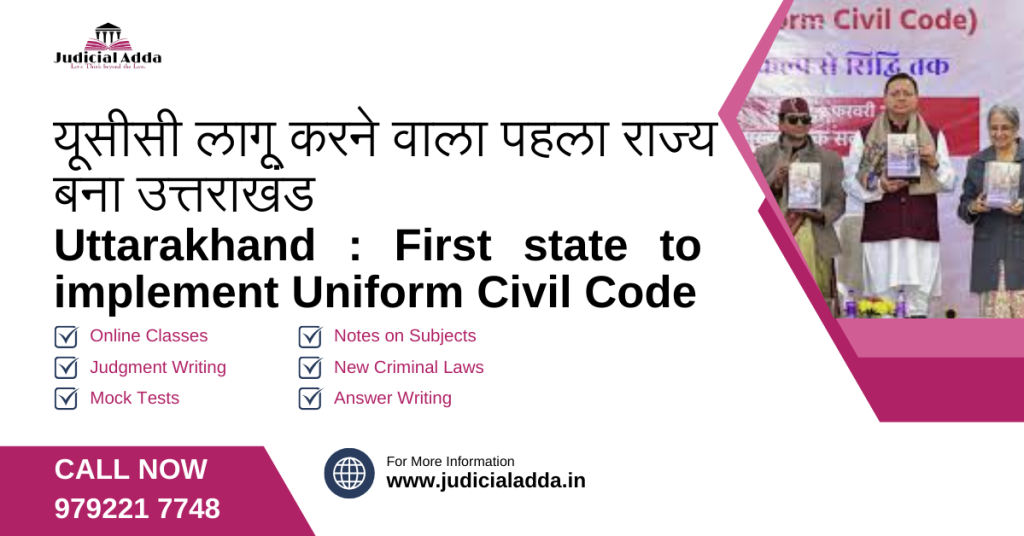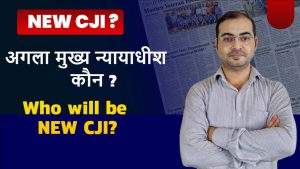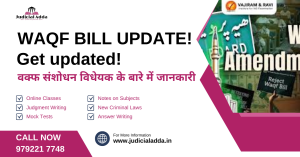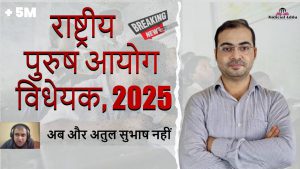
Amid political debate, Uttarakhand becomes the first state in India to adopt a Uniform Civil Code, aiming for equal rights in marriage and inheritance.
With the release of rules for the controversial legislation’s implementation and the launch of a portal for the registration of marriages, divorces, live-in relationships, and wills, Uttarakhand became the first Indian state to implement a Uniform Civil Code (UCC) throughout the entire state on Monday.
For the Bharatiya Janata Party (BJP), which controls the Himalayan state, the action represents a significant ideological victory. Along with the Ram Temple and the repeal of Article 370 in Jammu & Kashmir, UCC is a component of the BJP’s troika of fundamental objectives. It is anticipated that the Uttarakhand law will serve as a template for other governments looking to enact UCC.
The announcement implementing UCC stated, “The governor hereby designates the date 27th January 2025 as the date on which the said Code shall come into force, in exercise of the powers conferred by subsection (2) of section 1 of The Uniform Civil Code, Uttarakhand, 2024 (Act no 3 of 2024).”
On the UCC portal, which offered services under nine headings—marriage registration, divorce registration, live-in relationship registration, live-in relationship termination, heir declaration, will registration, appeals against decisions, data access, and complaint filing—Dhami was the first to register his marriage.
Since gaining independence, Uttarakhand has become the nation’s first state to adopt the Uniform Civil Code. A registration gateway has been prepared. Every year, January 27th will be observed as UCC Diwas, according to Dhami.
After starting in Uttarakhand, he continued, “I hope the Gangotri of UCC will flow to the rest of the country and inspire the whole nation.” Five others registered their marriages following him.
Being one of the first to register my marriage under the UCC makes me delighted. Everyone should register with the legislation since it will improve society, Manoj Rawat, a citizen of Uttarakhand, stated.
The Congress, however, referred to the action as “a political manoeuvre” rather than a “social necessity,” and Muslim organizations threatened to challenge the common code’s application in the Supreme Court and lower courts.
| Chhattisgarh Judiciary Syllabus 2024 | HP PSC Judiciary Syllabus 2024 |
According to the chief minister, the UCC’s implementation fulfilled a significant electoral pledge made by the BJP in the 2022 assembly elections. The state minister declared, “The BJP has fulfilled all of its major ideological commitments with the implementation of UCC, including the construction of a Ram temple in Ayodhya, the repeal of Article 370 in Jammu & Kashmir, the criminalization of triple talaq, and the CAA (Citizenship Amendment Act).”
The term “UCC” alludes to a shared body of laws that will replace religiously specific customs and regulate matters like marriage, divorce, inheritance, and maintenance. UCC was one of the party’s poll promises in the 2022 assembly elections and is a part of the BJP’s troika of fundamental ideological objectives.
The UCC bill, which was passed by Uttarakhand last February, gave women equal rights in marriage, divorce, alimony, and property inheritance. It also prohibited polygamy, restricted certain types of relationships between close family members, required marriage registration, and required self-declaration or registration for live-in relationships.
The Constitution’s non-justiciable directive principles of state policy, which include the long-standing need for UCC, are connected to India’s intricate web of personal laws, regulations, and customs, particularly with regard to religious minorities. Theoretically, a UCC would establish uniform laws for all communities regarding marriage, divorce, inheritance, financial compensation, and adoption, among other things. However, many experts and activists worry that this could destroy the traditions and customs of specific communities and be used as a cover to attack their religions.
According to Dhami, UCC would guarantee equal rights for all individuals and put a stop to discriminatory behaviors based on gender and religion. “Discriminatory practices such as child marriage, triple talak, and halala will cease.” No religion or group is opposed by UCC, and customs and rituals related to marriage will not be interfered with. No one is intended to be targeted. UCC is already in place in major Muslim nations and civilized cultures worldwide, he claimed.
The chief minister said that January 27 would mark the state’s annual “Saman Nagrik Samhita Diwas.”
If either partner is under 21, their parents or guardians will be notified. The registrar will forward the registration certificate of live-in couples to the local police station officer-in-charge for their records. According to the regulations, a landlord cannot deny residential accommodation to individuals who are already in a live-in relationship or plan to do so because they are not married, even if the couple has a certificate or provisional certificate of live-in relationship.
Dhami denied that the government was violating people’s privacy and pushed back against the debate surrounding cohabitation. “We desire the stability of cohabitating couples. In one instance, a woman named Shraddha Walker was killed in Delhi in 2022 by her roommate. Here, we don’t want cases like Shraddha Walker,” he stated. He was alluding to the gruesome 2022 murder of a 27-year-old lady in Delhi by her roommate.
Both the portal and the common services centers (CSCs) spread out around the state allow residents who live outside of it to register. According to UCC regulations, registration applications might be accepted or denied within a period of 15 days to a month. Shatrughna Singh, a retired IAS officer and former chief secretary who oversaw the UCC rules committee, stated that those who are currently involved in polygamous unions will also need to register. Those who have terminated their marriages in accordance with customary laws will also need to register, he noted.
If a person’s registration is denied, they can also use the portal to file a complaint. Additionally, people have the option to appeal the rejections. We made sure that users are directed via the gateway step-by-step,” he added, adding that personal information would not be shared in order to preserve privacy. On the other hand, a couple can work together to find out more about one another.
During his press conference, Dhami denied claims that UCC will single out any specific community and defended the exclusion of indigenous communities from the legal system. With this roll-out today, we also honor BR Ambedkar and other members of the Constituent Assembly who helped establish the Indian Constitution. On behalf of the state’s citizens, I would want to thank Prime Minister Narendra Modi and Union Home Minister Amit Shah, whose guidance has enabled us to introduce UCC here,” he said.
In June 2023, Prime Minister Narendra Modi addressed BJP booth workers and presented a compelling argument for UCC, bringing the issue to a national level. The BJP pledged to introduce UCC across the nation in its electoral manifesto prior to last year’s Lok Sabha elections.
A number of Muslim organizations opposed the state’s adoption of UCC. Jamiat Ulema-e-Hind, the leading Muslim organization, stated that it would contest the action in several courts. “Bias and discrimination are the foundation of the law. The group will appeal the ruling in the Uttarakhand High Court and the Supreme Court under the direction of Jamiat president Maulana Arshad Madani, the statement stated.
“The law has been brought to divide Hindus and Muslims and to target the minorities,” stated Naeem Qureshi, head of the Muslim Sewa Sangathan, which is situated in Dehradun. It won’t enhance the general public’s quality of life or contribute to the state’s overall development.
The government action was rejected by the Opposition Congress. In Uttarakhand, UCC has never been a part of popular desire. According to state Congress president Karan Mahara, it appears to have been introduced more as a political ploy than as a social necessity.





